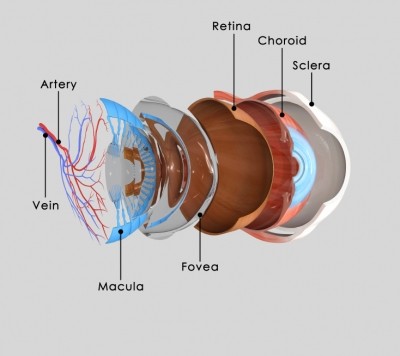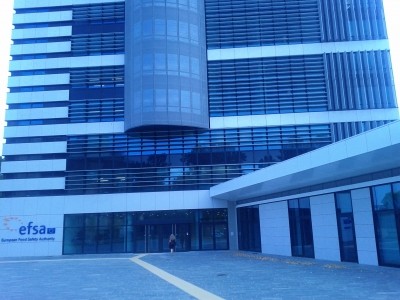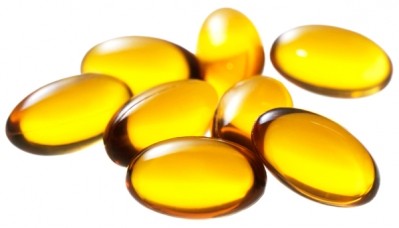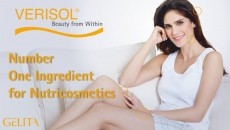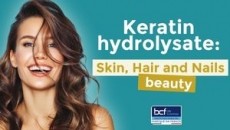EFSA rejects lycopene-vitamin E-lutein-selenium skin claim
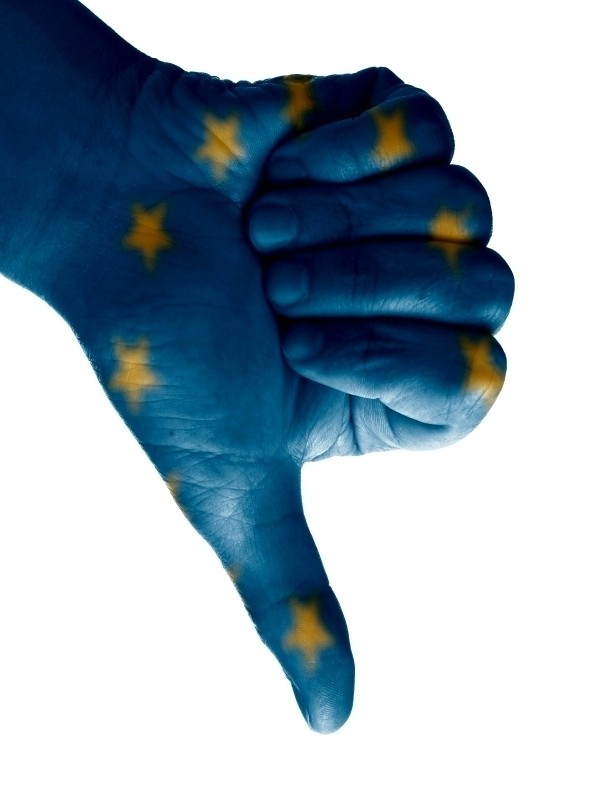
Nutrilinks Sarl submitted the claim in Cyprus under article 13.5 of the EU nutrition and health claims regulation (NHCR) but EFSA’s panel said the science was not strong enough to back the blend’s ability to protect the skin from “UV-induced (including photo-oxidative) damage.”
“The Panel considers that protection of the skin from UV-induced (including photo-oxidative) damage is a beneficial physiological effect,” said EFSA’s Panel on Dietetic Products, Nutrition and Allergies (NDA).
“The applicant identified one bioequivalence study as being pertinent to the health claim. The Panel notes that this study did not assess direct measures of UV-induced (including photo-oxidative) skin damage. Therefore, no conclusions could be drawn from this study for the scientific substantiation of the claim.”
Nutrilinks Sarl’s application centred on a double-blind, parallel, 10-week study that was a bioequivalence study of two oral antioxidant formulas.
“Fifty Caucasian men and women took a placebo for three weeks (i.e. run-in period) and were then randomised to receive for seven further weeks either a supplement designated as “current formula” (6 mg lycopene, 6 mg beta-carotene, 10 mg vitamin E and 75 μg selenium), or the food which is the subject of the health claim (“new formula”),” the NDA surmised.
“Outcome measures of the study were minimal erythemal dose, Individual Typology Angle (i.e. colorimetric measurements), melanin content (i.e. percentage of epidermis occupied by melanin) and “capping” (i.e. assembling of melanosomes at keratinocytes’ upper poles).”
NDA reasoning
In dismissing the study it observed: “The Panel notes that erythema is an inflammatory response of the skin to UV-induced molecular and cellular damage. A reduction in UV-induced erythema (e.g. measured as change in minimal erythemal dose or erythema grade) may indicate less UV-induced damage to the skin, but it can also reflect a reduction in the capacity of the skin to react to molecular and cellular damage.”
“Therefore, UV-induced erythema cannot be used alone as an outcome measure for the substantiation of the claim. The other outcomes (i.e. Individual Typology Angle, melanin content and “capping”) used in the study did not provide any information on UV-induced skin damage.”
The formulation contained 8mg of lycopene (extracted from tomato), 10mg of vitamin E (as d-alpha-tocopherol), 1mg of lutein (extracted from Tagetes erecta L.) and 50µg of selenium (as sodium selenite).
The opinion can be found here.
The company also had a claim rejected that sought to link krill oil consumption and joint health.
That opinion can be found here.
